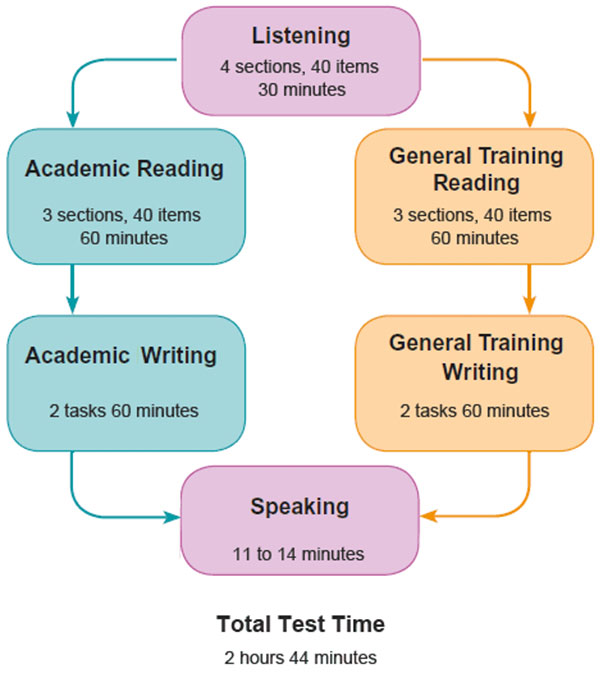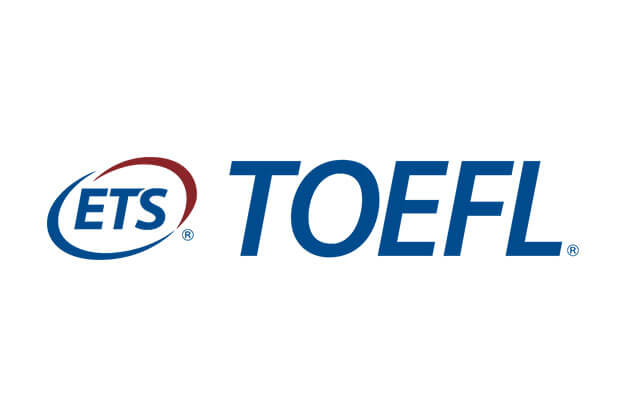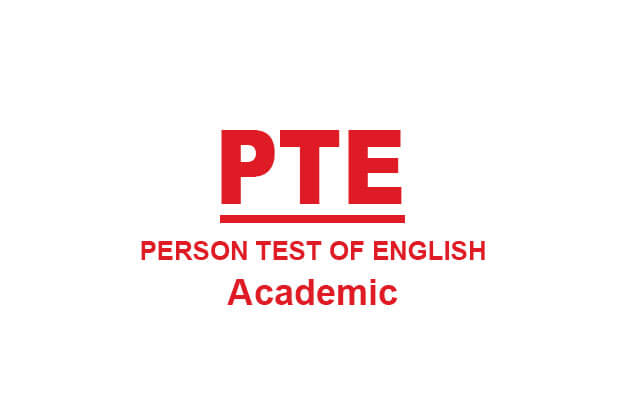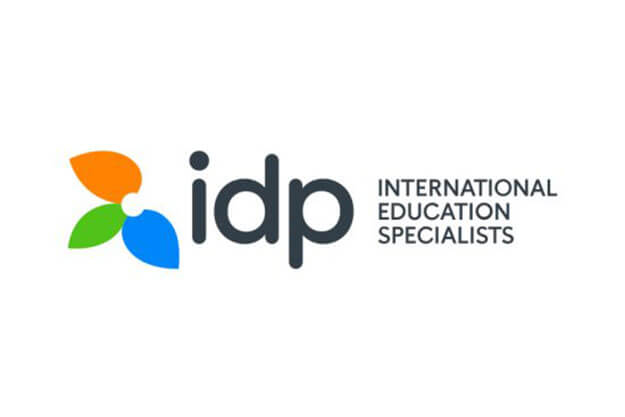The International English Language Testing System, also known as IELTS is designed to evaluate and estimate the language ability of people who want to pursue their education or career study where English is the language of communication. As per the records, it has been estimated that about 2 million test takers every year. IELTS is recognised and accepted by over 9,000 organisations including universities, employing companies, professional bodies, immigration authorities and other government agencies.
IELTS is the most unbiased and reliable English proficiency test available for the purposes of study, work and immigration. Most academic institutions in English- speaking countries, like Australia, Canada, New Zealand, the United Kingdom, and an increasing number of educational institutions in the United States, accept IELTS for study. Also, IELTS is used for work purposes, many professional organisations recognise IELTS as the standard test. Even for migration, IELTS is required or accepted for permanent residency by the government of the United Kingdom, Australia, New Zealand and Canada.
There are two versions of IELTS
Academic Module: This module is for the students who are seeking admission in a university or institution for higher education which are degree and diploma courses.
General -Training Module: This module is for the students seeking entry to a secondary school or people giving the test for immigration purposes.
IELTS test has four modules
Reading : Students will be allowed 1 hour to complete all 3 sections of the Ielts Academic reading test. The Reading section consists of a paragraph and questions based on it. There are multiple choice questions, true, false and not given and sentence completion. Graph Solving is also the part of Reading Test.
Writing : Writing test includes 2 task of 60 mins. Task 1 for 20 mins and task 2 for 40 mins. In Academic you have to solve a graph in 20 mins and a paragraph writing in 40 mins. General IELTS test Task 1 is letter writing and task 2 is paragraph based on professional writing.
Listening : Listening test goes for 40 mins, in which you are required to answer 40 questions based on a Audio clip. In section 1 of Listening test 2 way conversation of native speakers. Section 2 includes Listening for specific details. You need to identify the speakers, matching items, identifying functions, completing notes and understanding categories. In Section 3 you need to recognize paraphrasing. In this unit you will practice identifying distractors, selecting from given list and sentence completion. In Section 4 discussion will be there regarding places and directions. In this unit you will practice understanding a description of a place, need to follow the directions and multiple-choice question and answers.
Speaking : Duration of speaking test is 11 to 15 mins. In first test you will have to use correct tenses while speaking. Grammatical range and accuracy. You need to talk about familiar topics which are related to your surroundings and current affairs.
In Part 2 of speaking you will be asked to talk about specific topic. There will be Cue card round also.
Part 3 consists of questions which are based on part 1 & 2.


You can learn German quickly at the Oracle International Language Institute. The teachers here are really nice, friendly and personable...
|| Student German Language ||
Wonderful Teacher! In her programs, you learn so much more than just the words in Spanish. Cultural and social cues are so important...
|| Student Spanish Language ||
Oracle International Language Institute provided me with the resources and the necessary skills to improve my command on English...
|| Student IELTS ||
Very pleasant and helpful, I REALLY liked it.

I would recommend this institute to anyone who wants to improve their English skills in a short period of time. I've made immense progress.
|| Student English ||
They have been very clear in their communications and the level of instruction is superlative.
|| Student French ||
The German language is a difficult language, but it is really fun to learn it at Oracle International Language Institute.
|| Student German ||






